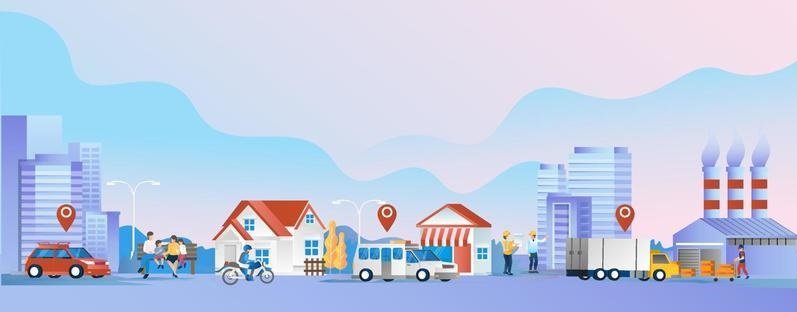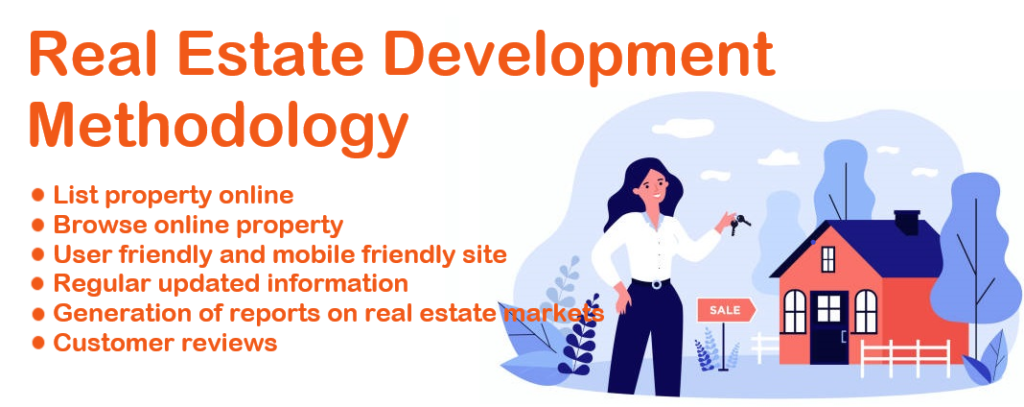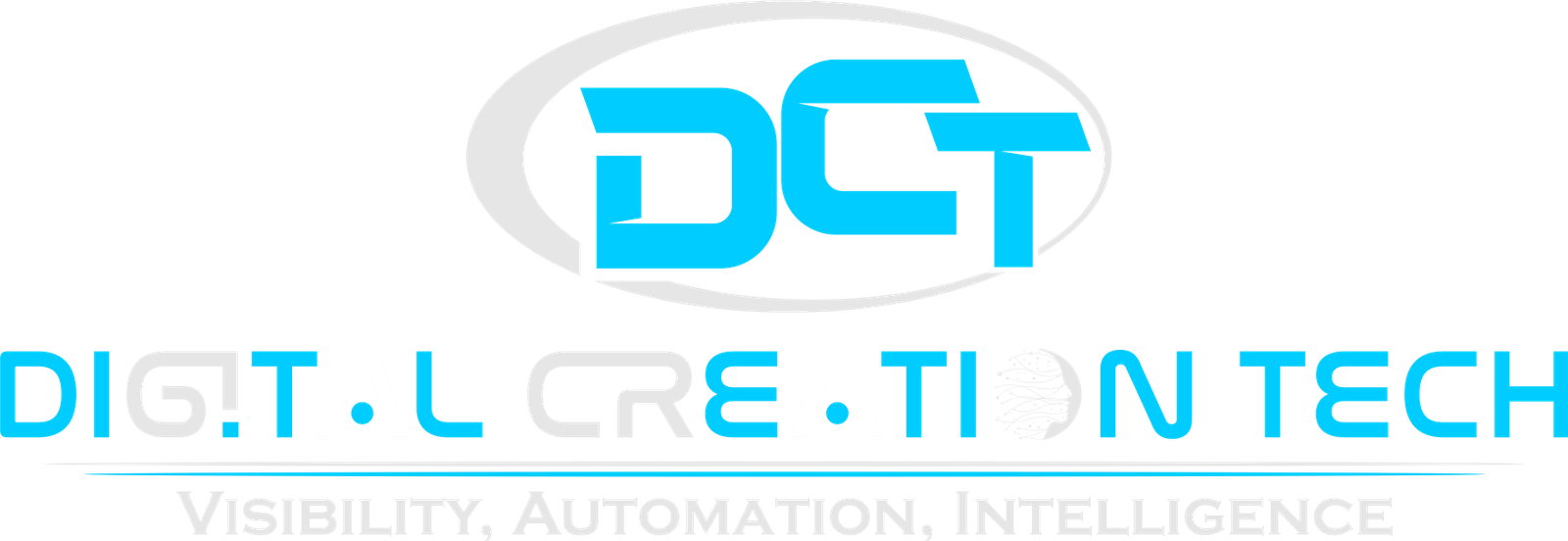Real Estate Development Services

Real estate development services encompass a broad range of activities involved in the planning, design, construction, and management of real estate projects. Here are key aspects and considerations related to real estate development services:
Feasibility Analysis:
- Conducting thorough market research and financial analysis to determine the viability of a real estate project in a particular location.
Site Selection:
- Identifying and acquiring suitable land or existing properties for development based on factors like location, zoning regulations, and market demand.
Land Use Planning and Zoning Compliance:
- Working with local authorities to ensure that the development plans comply with zoning regulations and land use planning.
Architectural Design:
- Collaborating with architects and designers to create plans for the development that align with the project’s goals and market demands.
Project Financing:
- Securing financing for the real estate project, which may involve working with lenders, investors, or securing government incentives.
Legal and Regulatory Compliance:
- Navigating legal processes and ensuring compliance with local, state, and federal regulations throughout the development process.
Project Management:
- Overseeing the entire development process, including construction management, to ensure that the project is completed on time and within budget.
Construction:
- Managing the construction phase, which includes hiring contractors, overseeing construction activities, and ensuring quality control.
Sales and Marketing:
- Developing strategies to market and sell or lease the developed properties. This may involve working with real estate agents, advertising, and creating promotional materials.
Property Management:
- Providing ongoing management services for developed properties, including maintenance, tenant relations, and financial management.
Sustainability and Green Building Practices:
- Integrating sustainable and environmentally friendly practices into the development, such as energy-efficient design and green building materials.
Risk Management:
- Identifying and mitigating potential risks associated with the real estate development, including market fluctuations, regulatory changes, and construction-related risks.
Community Engagement:
- Engaging with local communities and stakeholders to address concerns, gather input, and ensure the project aligns with community needs.
Adaptive Reuse and Redevelopment:
- Transforming existing structures or underutilized properties for new purposes, promoting sustainability and revitalizing communities.
Mixed-Use Development:
- Integrating a mix of residential, commercial, and recreational spaces within a single development to create vibrant, diverse communities.
Technology Integration:
- Incorporating technology solutions such as smart building systems, digital property management, and other innovations to enhance the functionality and efficiency of developed properties.
Our Design Methodology
We provide custom built solutions with a unique logo which shall help customers identify with your brand. The loading time of the website is kept impressive so that a visit to the website is a unique experience for visitors.


